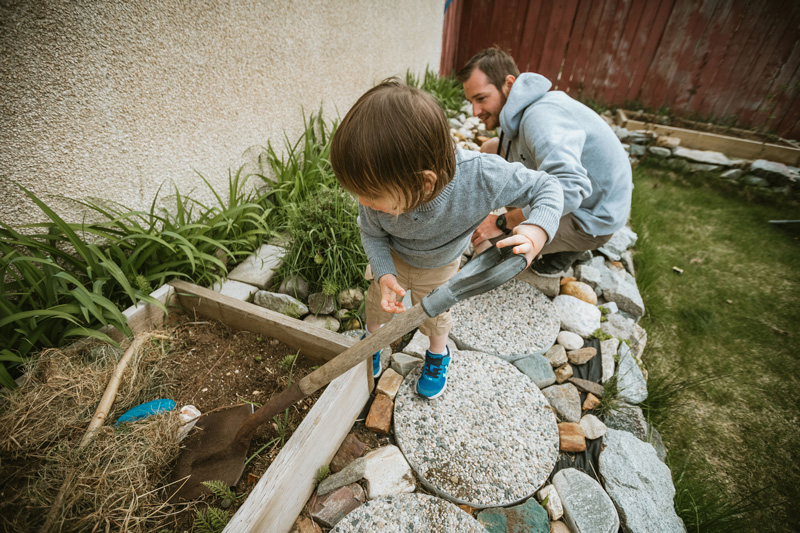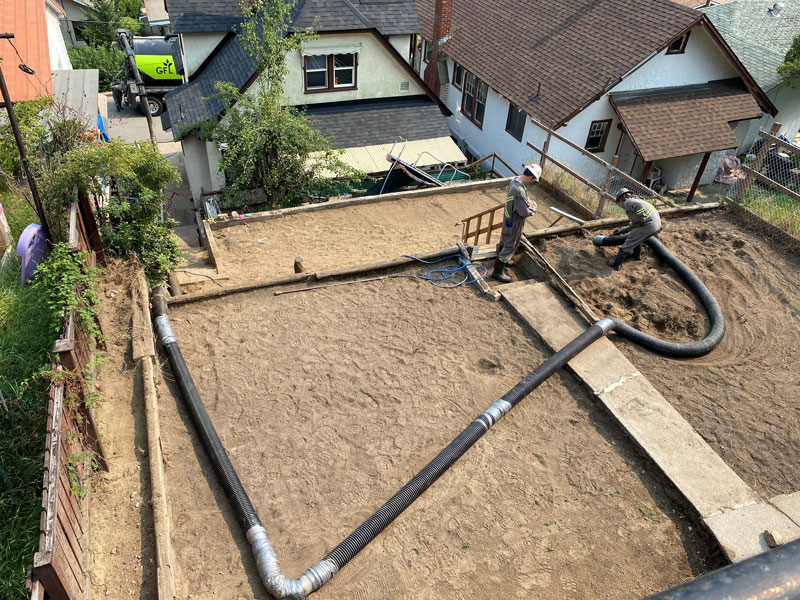A soil management plan is necessary because metallurgical facilities have been operating in Trail for well over a century. Historical aerial emissions from these facilities have resulted in the addition of metals, including lead, into the soil in the surrounding area. As a result, soil in the Environmental Management Area around Trail is likely to have metals above natural background levels and regulatory standards.
Teck is the responsible party for the Soil Management Plan under the direction of the B.C. Ministry of Environment and Climate Change Strategy as per the Contaminated Sites Regulation of the Environmental Management Act.
Teck is working with the B.C. Ministry of Environment and Climate Change Strategy to develop and seek approval for a long-term soil management plan called a Wide Area Remediation Plan. Once that plan is drafted, a full public consultation will take place prior to approval and implementation. Annual soil management plans are an interim step focused on highest risk properties.
The Wide Area Remediation Plan will continue to build on the work to address historical soil impacts in Trail and the surrounding area.
In recent years, major improvements have been made to lower metal emissions from Teck Trail Operations, resulting in improved air quality. This means that Teck is not adding as many metals, such as lead, into the soil and can now focus more on addressing the historical impacts to soil from past emissions.

